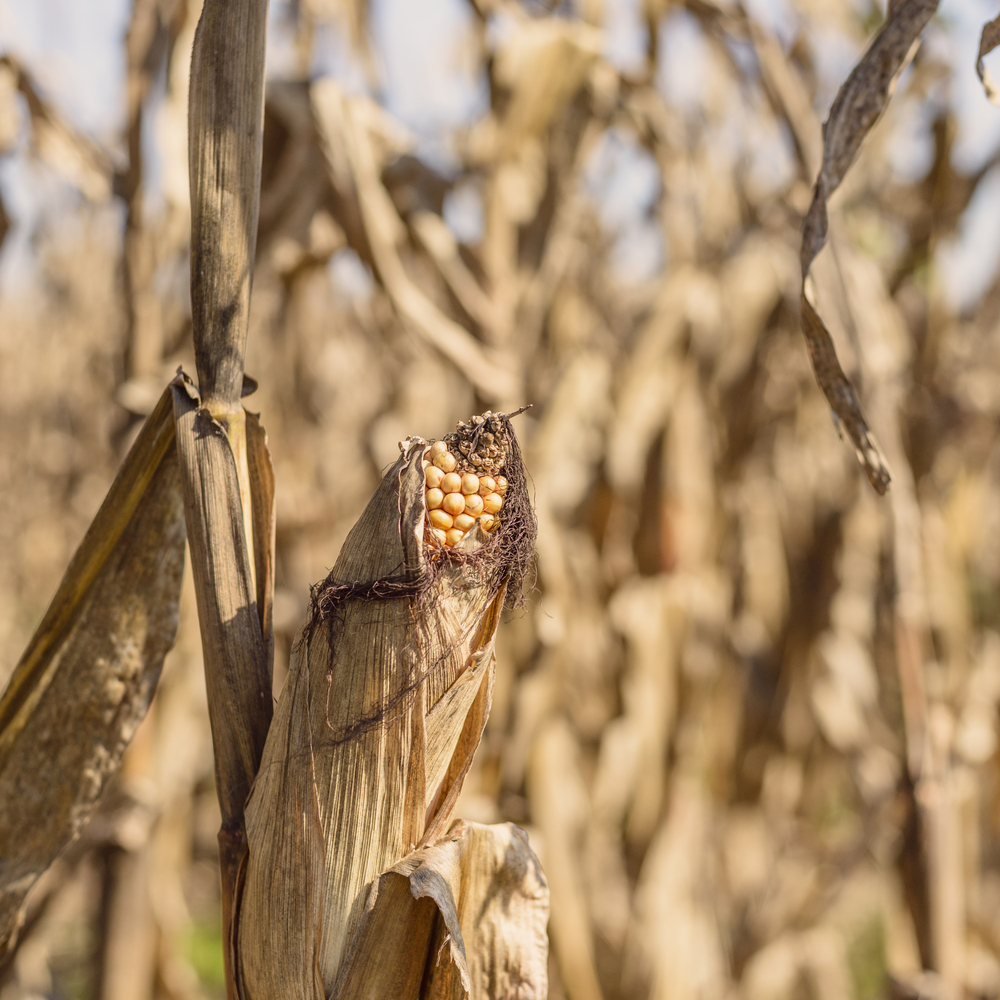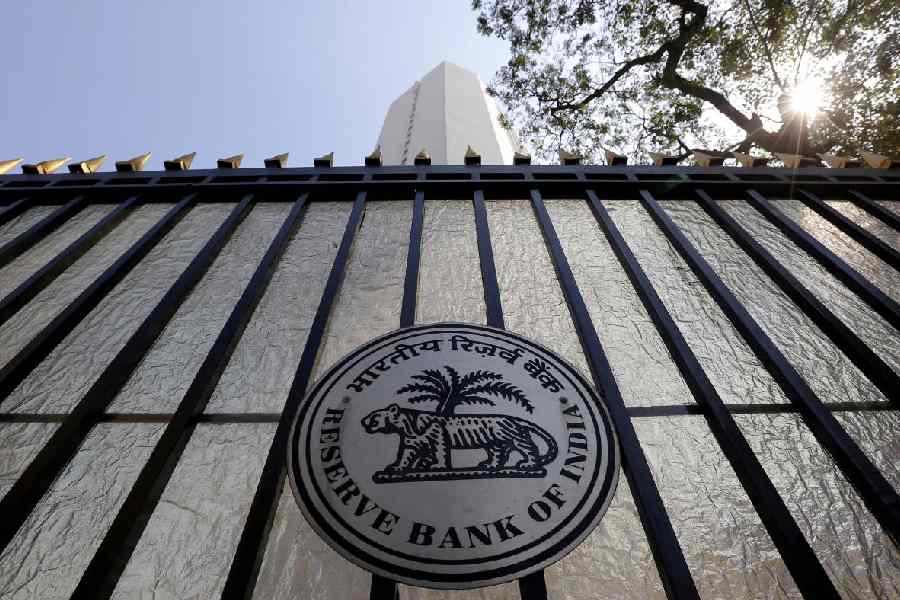The world’s land and water resources are being exploited at “unprecedented rates,” a new UN report warns, which combined with climate change is putting dire pressure on the ability of humanity to feed itself.
The report, prepared by more than 100 experts from 52 countries and released in summary form in Geneva on Thursday, found that the window to address the threat is closing rapidly. A half-billion people already live in places turning into desert, and soil is being lost between 10 and 100 times faster than it is forming, according to the report.
Climate change will make those threats even worse, as floods, drought, storms and other types of extreme weather threaten to disrupt, and over time shrink, the global food supply. Already, more than 10 percent of the world’s population remains undernourished, and some authors of the report warned in interviews that food shortages could lead to an increase in cross-border migration.
A particular danger is that food crises could develop on several continents at once, said Cynthia Rosenzweig, a senior research scientist at the NASA Goddard Institute for Space Studies and one of the lead authors of the report. “The potential risk of multi-bread-basket failure is increasing,” she said. “All of these things are happening at the same time.”
The report also offered a measure of hope, laying out pathways to addressing the looming food crisis, though they would require a major re-evaluation of land use and agriculture worldwide as well as consumer behaviour. Proposals include increasing the productivity of land, wasting less food and persuading more people to shift their diets away from cattle and other types of meat.
“One of the important findings of our work is that there are a lot of actions that we can take now. They’re available to us,” Dr Rosenzweig said. “But what some of these solutions do require is attention, financial support, enabling environments.”
The summary was released on Thursday by the Intergovernmental Panel on Climate Change, an international group of scientists convened by the UN that pulls together a wide range of existing research to help governments understand climate change and make policy decisions.
The IPCC is writing a series of climate reports, including one last year on the disastrous consequences if the planet’s temperature rises just 1.5 degrees Celsius above its pre-industrial levels, as well as an upcoming report on the state of the world’s oceans.
Some authors also suggested that food shortages are likely to affect poorer parts of the world far more than richer ones. That could increase a flow of immigration that is already redefining politics in North America, Europe and other parts of the world.
“People’s lives will be affected by a massive pressure for migration,” said Pete Smith, a professor of plant and soil science at the University of Aberdeen and one of the report’s lead authors. “People don’t stay and die where they are. People migrate.”
Between 2010 and 2015 the number of migrants from El Salvador, Guatemala and Honduras showing up at the US border with Mexico increased five-fold, coinciding with a dry period that left many with not enough food and was so unusual that scientists suggested it bears the signal of climate change.
Barring action on a sweeping scale, the report said, climate change will accelerate the danger of severe food shortages.
As a warming atmosphere intensifies the world’s droughts, flooding, heat waves, wildfires and other weather patterns, it is speeding up the rate of soil loss and land degradation, the report concludes.










